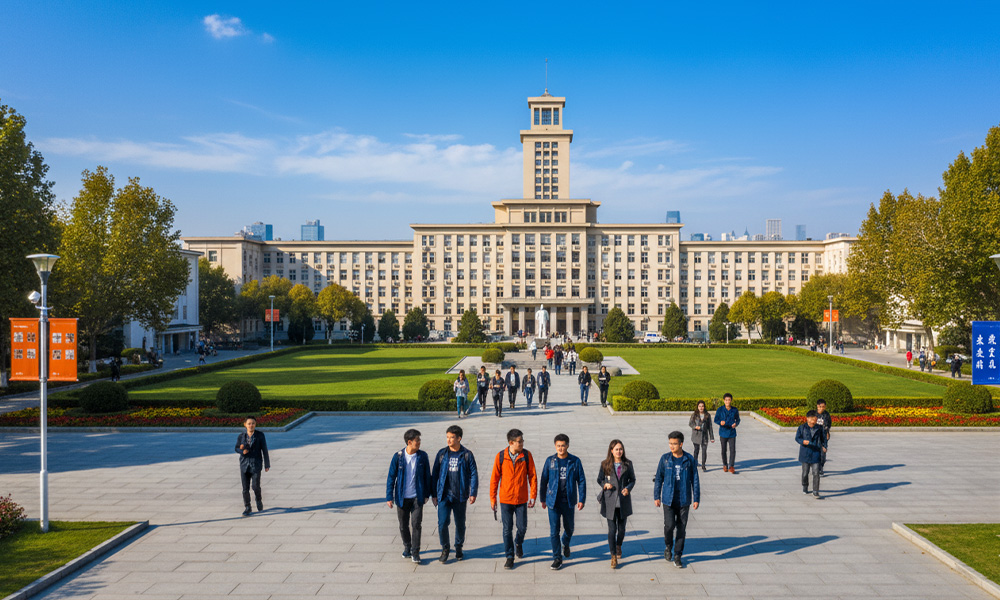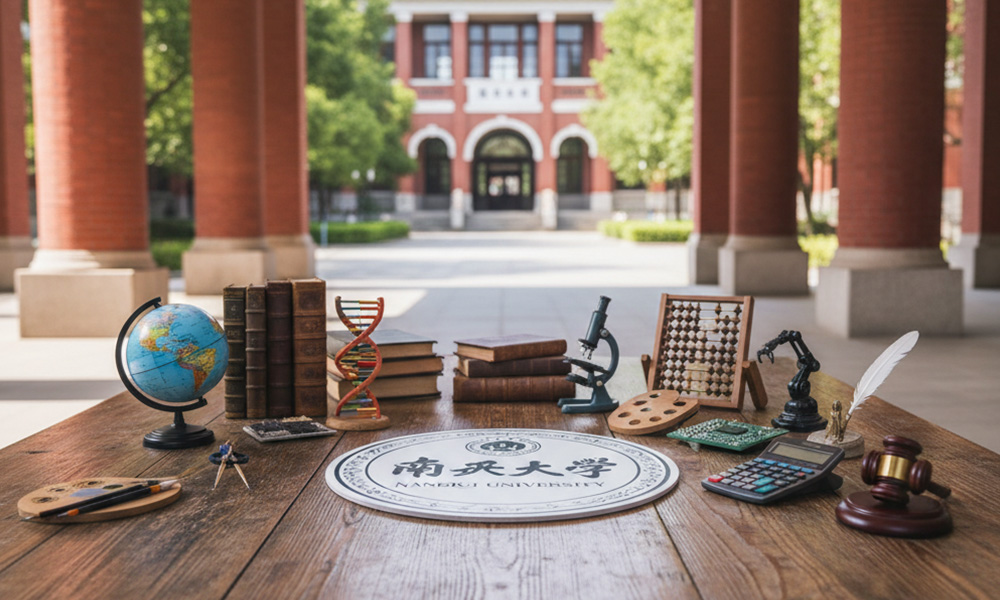
Located in the cosmopolitan port city of Tianjin, Nankai University of Tianjin is a university of academic quality and historical prestige. In 1919, it was founded by visionary thinkers Yan Xiu and Zhang Boling as a light house of creativity, patriotism, and rigorous scholarship. Given that China’s first Premier’s alma mater, Nankai, sits upon a tradition of a culture of public service and intellectual activity, one that continues to shape generations of leaders and intellectuals, the path to Nankai University of China admission requirements for international students is set and competitive, combining academic brilliance with an openness to cultural interaction. Whether you are drawn to affordable China Nankai University fees or the chance to study in one of China’s top research universities, Nankai offers it all. Here in this complete guide by admission institute, we’re going to discuss it all from program options to budgeting your finances, directly from the university’s own sources.
Nankai University at a Glance
| Category | Details |
| Popular Majors | Chinese Language, Economics, Computer Science, Clinical Medicine, Chemistry, Mathematics, International Relation, Clinical Medicine |
| Tuition Fees (Annual, RMB) | Undergrad: 20.000-25.000RMB ($2.800-$3.500), graduates: 25.000-50.000 RMB ($3.500-$70.00) |
| Living Costs (Monthly, RMB) | 15.00-3.000 ($210-$420) for food, transport and entertainment |
| Admission Requirements | Highschool Diploma (undergrads), IELTS 6.0+/ TOEFL80+/ HSK4-6, transcripts, recommendation letter, Personal statement, Physical Exam |
| World Rankings (2026) | QS: #355 THE: #401-500 ARWU: #201-300 |
| Scholarships | Chinese Governments scholarship (Full Coverage), Tianjin Government Scholarship, Nankai University Scholarships (60-100% coverage) |

Nankai University Majors
Tianjin Nankai University offers a broad span of disciplines, so varied and diverse in interest area and professional goals.
1. Undergraduate
There are 92 undergraduate majors distributed in 26 colleges and schools at the undergraduate level. There are 58 humanities and social science majors, such as philosophy, history, Chinese language and literature, foreign languages, economics, finance, international trade, law, journalism, and public administration. There are the remaining 34 in sciences, engineering, and medicine, such as mathematics, physics, chemistry, biology, computer science, artificial intelligence, electronic information engineering, automation, environmental science, biotechnology, and clinical medicine.
The College of Chemistry, for instance, has programs in applied chemistry and materials chemistry with the backing of the State Key Laboratory of Elemento-Organic Chemistry. Mathematics programs concentrate on pure and applied streams to provide space for research in algebra and topology. Business students have an option from the Business School courses in accounting, marketing, human resource management, and e-commerce. The Zhou Enlai School of Government has specialized undergraduate majors in political science and sociology, combining public policy with real government practice.
2. Graduate
Nankai is exceptional for its graduate offerings with 231 master’s programs, 172 doctoral programs, and 31 professional degree programs in all 13 areas of academic studies recognized in China, including philosophy, economics, law, education, literature, history, science, engineering, agriculture, medicine, military science, management, and art.
Doctoral candidates are guided by over 100 Chinese Academy of Sciences and Engineering academicians. The most suitable choices of interdisciplinary schools are the Chern Institute of Mathematics for the postgraduate study of advanced theory and the Institute of Modern Optics for quantum and photonics technologies.
3. English Taught Programs
Fully English-taught degree programs are offered to foreign students. Bachelor’s programs include international trade and economics, business administration, and software engineering. The Nankai-University of Glasgow Joint Graduate School provides four master’s programs: MSc in Regional Economy and Urban Planning, MSc in International Relations and Global Economy, MSc in Environmental Management and Sustainable Development, and MA in English Literature. The two universities award joint degrees upon the completion of the dual-degree programs.

4. Non-degree Programs
Non-degree courses are numerous. The Confucius Institute Chinese Language Program offers intensive courses from beginner to advanced levels, with HSK preparation. Summer schools offer courses in Chinese economy, culture, and AI applications. Exchange programs with nearly 340 partner institutions around the world, such as Flinders University in Australia and the University of California system, facilitate credit transfer. The “O-AMAS” (Outcome-based, Multi-dimensional, Adaptive, Student-centered) instructional model promotes team learning, project-based assessment, and adaptability—students can minor across disciplines or switch majors with permission after the first year.